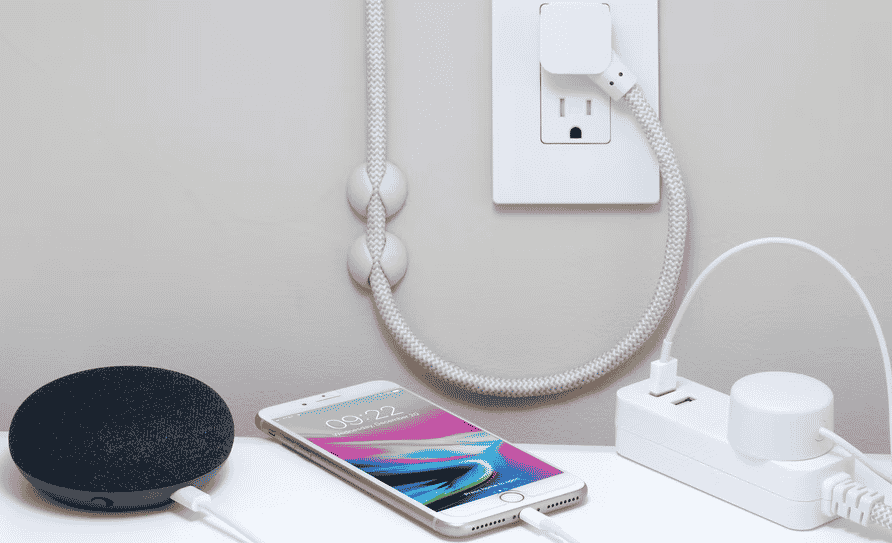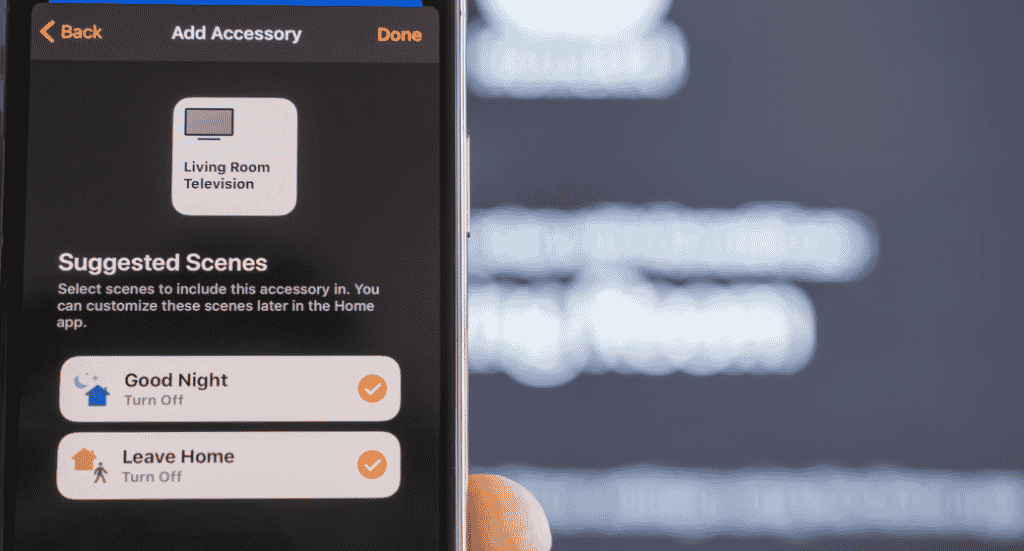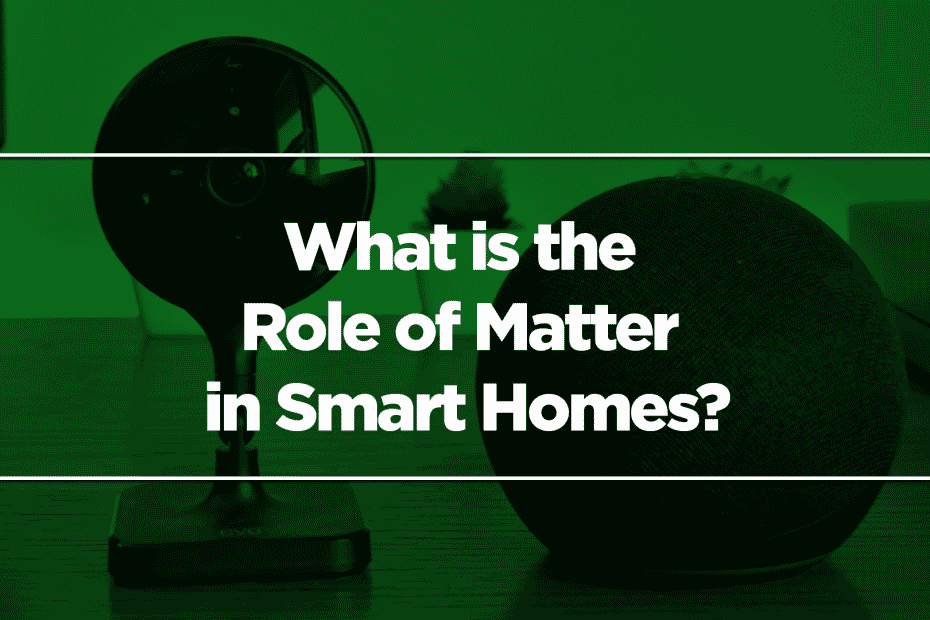Smart homes are becoming increasingly common. They offer a luxurious, comfortable lifestyle to anyone living in them. Who would be able to resist that in this era? The world is becoming busier and busier. And so, many people would appreciate being able to relax when they get home. Reducing the trivial tasks they have to do allows them to do that.
To automate your house, you need to buy lots of smart home devices. You have smart displays, speakers, plugs, security systems, etc.

The problem with that is smart devices come from different brands. Therefore, the protocols their technologies use may vary. That said, interoperability is a big issue.
You have to be picky on what devices to add to your smart home because some may not be compatible with your setup. That limits the things you can do. Of course, if you want to live an extremely comfortable lifestyle, that’s not good.
Thankfully, there are solutions to this problem now – Matter, for example.
What is Matter?
First things first, let us clarify. The term Matter here does not refer to anything that has mass and takes space. Instead, it refers to the proprietary, royalty-free home automation connectivity standard.
On December 18, 2019, Amazon, Apple, Google, Samsung SmartThings, and the Zigbee Alliance announced a collaboration. They formed the working group of Project Connected Home over IP (CHIP). This working group was later renamed and is now called Matter. IKEA, Huawei, Resideo, Schneider Electric, and more companies subsequently joined.
Matter aims to achieve interoperability among smart home devices and IoT platforms from different providers. Furthermore, its goal is to reduce fragmentation across different vendors.
The said standard is based on Internet Protocol (IP), hence the original project name. That enables smart home devices, mobile apps, and cloud services to communicate. Furthermore, the standard is designed to define a specific set of IP-based networking technologies for device certification.
In simpler words, Matter is essentially the “USB of smart home devices.” USB has replaced serial (DE-9), parallel (DB-25), and game port (DA-15). Recently, the “Universal” plug also mostly retired the DisplayPort (DP) and even charging connectors. All these connectors now go to the USB.
Matter tries to accomplish the same thing. It seeks to end consumers’ dilemma in choosing whether to use Siri, Alexa, or Google Assistant for controlling devices. Likewise, it eliminates the need to choose between Z-Wave, Thread, or Zigbee for their communication. Regardless of where the device came from, Matter will allow you to make it work in your smart home setup.
The ultimate goal of Matter is to simplify development for smart home product brands and manufacturers. At the same time, it aims to improve the user experience for consumers.

Matter as the Market Standard?
One can argue that Matter will just add one more standard to the already long list of competing standards. That’s a situation best represented by xkcd’s famous comic. However, since many major companies are involved in the project, it has the potential to become the market standard.
When Will Matter Launch?
When they first announced Matter, the expected release was in 2021. However, they postponed it to summer 2022 in the Northern Hemisphere. In March 2022, they postponed it again to fall 2022.
Matter reports that there is tremendous progress on Matter’s SDK. Now, the developer’s focus is largely on code quality, stability, and clean-up.
Furthermore, Matter reports that they have extended efforts to allow for the build and verification of over 16 development platforms. That will allow Matter to launch with a “healthy supply chain of compatible platforms to support new Matter devices, apps, and ecosystems.”
Matter says that more than 130 devices and sensors are ready to become the market’s first Matter-capable and certified devices. And with this pushback on the launch, there will be more.
Matter is conducting its 9th test event this spring at the time of this writing. And after that is the project’s final gate, the Matter Specification Validation Event (SVE), scheduled in the summer.
So, it’s likely that Market-enabled products will hit the market in Q4 of 2022.
Devices that Matter Supports
Like the USB, Matter will also define several product categories/classes.
At launch, it should be compatible with doors, control access, and security devices, including door and windows sensors and motion and pollutant detectors. Likewise, Matter should work with television, media players, and temperature controls. Smart bulbs, switches, shades, and window blinds should also be compatible with Matter under the Lights and illumination category.
Moreover, Google announced that Matter would work with streaming features for security cameras, video doorbells, and smart displays.
After the launch of Matter 1.0, expect more categories to be included in the Matter ecosystem. There will be Matter-enabled air purifiers, vacuum cleaners, weather stations, etc.
Will Current Devices Work with Matter?
So, do you need to replace your current smart home devices if you want to use the Matter standard in your home? The answer could be a yes but could also be a no.
Products need to be certified for the new standard. So, some devices may not be compatible with Matter.
However, some will only require a firmware update to work with the standard. Amazon and Google, together with device makers eWeLink, Ledvance, Sengled, TP-Link, Tuya, and Lifx, confirmed this. They announced that many of their devices would receive updated firmware to be compatible with Matter. The provisional list includes many Echo, Nest, and SmartThings devices. And of course, Alexa and Google Assistant are also on the list.

You don’t need to update the firmware of all devices in some cases; you only need to upgrade a single device. Signify announced that the update for Philips Hue Bridge will integrate lamps into the new ecosystem. Similarly, Samsung announced that you only need to upgrade the firmware for some of its smart TVs/monitors or even refrigerators. They will work as hubs to control compatible devices.
Matter will solve issues with interoperability, one of the smart home industry’s biggest challenges. Thus, many people are waiting for its arrival.
